Introduction
How To Care For A Cockatiel: Cockatiels are delightful and intelligent birds that make wonderful companions for those willing to invest time and effort into their care. Native to Australia, these charming parrots are known for their distinctive crests, vibrant plumage, and engaging personalities. If you’re considering bringing a cockatiel into your home or already have one, it’s essential to understand how to provide them with the proper care and attention they need to thrive. In this guide, we will explore the essential aspects of cockatiel care, from creating a comfortable habitat to maintaining their physical and emotional well-being. By following these guidelines, you can ensure that your cockatiel enjoys a happy and healthy life as a cherished member of your family. Cockatiels lay have gained popularity as pets due to their playful nature and ability to form strong bonds with their owners. However, like any companion animal, they come with specific requirements that demand dedication and responsibility from their human caregivers. Whether you’re a first-time bird owner or an experienced avian enthusiast, this comprehensive guide will walk you through the fundamentals of cockatiel care.
We’ll cover topics such as providing the right diet to maintain their optimal health, creating a safe and stimulating environment in their cage, and addressing their social and mental needs. Additionally, we’ll discuss common health concerns and how to identify signs of illness early on, ensuring your feathered friend receives timely veterinary care. Caring for a cockatiel is a rewarding experience, fostering a deep connection and offering daily doses of entertainment through their charming antics and melodious songs. So, let’s delve into the world of cockatiel care and learn how to create a fulfilling and loving life for these endearing birds. In our exploration of how to care for a cockatiel, we will also delve into the importance of regular grooming, including nail trimming and wing clipping, to ensure their safety and comfort. We’ll touch upon the significance of toys and mental stimulation to keep your feathered friend engaged and mentally active, preventing boredom and potential behavior problems.
Additionally, we’ll provide tips on socializing and training your cockatiel, helping them become well-adjusted and well-behaved companions. This includes guidance on taming and teaching them tricks, which can enhance your bond and make interaction more enjoyable. Furthermore, we’ll discuss the significance of regular veterinary check-ups and the importance of being prepared for unexpected health issues. Knowing how to monitor your cockatiel’s health and respond to emergencies can make a significant difference in their overall well-being. Caring for a cockatiel is a commitment that can span well over a decade, given their relatively long lifespan. By understanding their needs and providing them with love, attention, and the right environment, you can ensure that your cockatiel lives a joyful and fulfilling life as a cherished member of your household. So, let’s embark on this journey of cockatiel care together, ensuring a happy and healthy existence for your feathered companion.

Is caring for a cockatiel easy?
They are easy to breed, gentle, and love to be handled and stroked. Cockatiels make a soft chirping sound and are less noisy than other parrots. Cockatiels are easy to tame, inexpensive and simple to maintain, and thus make an excellent choice for a beginner. Relatively quiet bird.
Providing a balanced diet for your cockatiel is crucial for their health. While the basic dietary requirements are not overly complicated, it’s essential to ensure they receive a variety of fresh fruits, vegetables, high-quality pellets, and a limited amount of seeds. Monitoring their diet and making adjustments as needed can be straightforward with proper guidance.
Setting up an appropriate cage or aviary for your cockatiel is relatively straightforward. They need enough space to move around, toys for mental stimulation, and perches of varying sizes to exercise their feet. Regular cleaning and maintenance are required to keep their environment clean and hygienic.
Cockatiels are social birds that require daily interaction and mental stimulation. Providing companionship and opportunities for bonding can be enjoyable, but it also demands consistent effort and time on your part.
Do cockatiels like light?
Cockatiels require about 10 to 12 hours of light a day. They need sunshine to synthesize vitamin D in their bodies like us. Vitamin D is crucial for calcium absorption in parrots. If the temperatures are mild, you should carry the cage outside during the day for sunshine.
In their natural habitat of Australia, cockatiels are exposed to varying degrees of natural sunlight throughout the day. They have adapted to a diurnal (daytime) lifestyle, which means they are most active during daylight hours. Providing natural light, either through windows or by placing their cage in a room with access to daylight, is essential for their circadian rhythm and overall health.
Cockatiels, like many birds, benefit from exposure to UVB (ultraviolet B) light. UVB light helps them synthesize vitamin D3, which is vital for calcium absorption and bone health. Access to direct or indirect natural sunlight or the use of specially designed UVB lamps can help ensure they get enough of this essential light.
Mimicking natural day and night cycles is important for your cockatiel’s well-being. Providing a consistent and gradual transition from light to darkness at night helps them establish regular sleep patterns and prevents sleep disturbances. It’s advisable to offer around 10-12 hours of darkness for rest.
What are cockatiels afraid of?
Many parrots are afraid of the dark. Cockatiels are especially prone to night frights. Night frights are when your bird flaps and flails inside and around its cage. When this happens, immediately turn on a soft light and speak to your bird softly until he calms down and goes back to his perch.
Cockatiels have sensitive hearing, and sudden loud noises can startle them. Common sources of loud noises that can frighten cockatiels include vacuum cleaners, blenders, loud music, or even nearby construction work. It’s advisable to keep their cage away from noisy areas and minimize sudden loud sounds.
Quick and unexpected movements around their cage or in their vicinity can be alarming for cockatiels. Approaching them too quickly or making sudden gestures can trigger fear responses.
Cockatiels have an instinctual fear of predators. Even if they have never encountered a predator in a domestic setting, the sight or sound of a dog, cat, or other potential predators can cause anxiety and fear.
Do cockatiels need a bed?
Some cockatiel parents put a bed in their nests to give them a comfortable sleep, but they don’t require a bed as such. You should try and replicate the cockatiel’s natural environment as much as possible in their cage by putting up perches. This will keep them comfortable and help them feel less anxious.
Cockatiels typically sleep while perched on a comfortable and secure perch. In their natural habitat, they often roost in trees, so providing a similar experience is essential. Choose a sturdy, appropriately sized perch made of safe materials like wood or natural branches.
Place the sleeping perch in a quiet and dimly lit area of their cage. Cockatiels require a consistent sleep schedule of around 10-12 hours of darkness at night. Avoid placing their cage in a high-traffic or noisy part of your home to prevent disturbances during their sleep.
Many cockatiel owners use a cage cover to create a cozy and secure sleeping environment. A breathable, lightweight cover can help block out excess light and provide a sense of security for your bird. Covering the cage at night can signal to your cockatiel that it’s time to sleep.
Is milk OK for cockatiels?
Cockatiels are lactose intolerant and feeding them milk can cause problems with their digestive system and can be painful and even fatal. They can also show symptoms of milk allergies which can result in vomiting and even death.
Like many birds and mammals, adult cockatiels lack the enzyme lactase, which is necessary to break down lactose, the sugar found in milk. As a result, when cockatiels consume milk or dairy products, they may experience digestive issues such as diarrhea, gas, and stomach discomfort.
Cockatiels have specific dietary needs, and milk does not provide the essential nutrients they require for optimal health. It lacks important nutrients like vitamins, minerals, and proteins that are crucial for a cockatiel’s diet. Offering them milk can lead to nutritional deficiencies.
Milk is not a suitable source of hydration for cockatiels. These birds primarily need clean, fresh water to maintain proper hydration. Offering milk can deter them from drinking enough water, which can be detrimental to their health.
Can cockatiels eat rice?
Yes, boiled rice is ok to give to cockatiels. However, if possible, you should prefer to give them brown rice rather than white. White rice has far fewer nutrients and does not offer any significant benefits to your bird. Always make sure to only give rice in moderation because it is a high-carb food product.
It’s best to serve plain, cooked rice to your cockatiel. Steamed or boiled rice is suitable, as it’s easier for them to digest. Avoid fried rice, as it often contains added oils and spices that can be harmful to birds.
Both white rice and brown rice are safe for cockatiels. However, brown rice may be slightly more nutritious due to its higher fiber content and additional nutrients.
While rice can be included as part of your cockatiel’s diet, it should not constitute the majority of their daily food intake. Cockatiels require a well-balanced diet that includes high-quality pellets, a variety of fresh vegetables, fruits, and occasional treats like rice. Treats should make up only a small portion of their overall diet.
Can cockatiels get jealous?
Birds can get jealous and territorial, but with the right steps, it is possible to ease the tension and counteract your bird’s jealously. Small birds can often become jealous of another bird in the household, a family member, or even one of his toys!
Cockatiels are highly social birds that often form strong bonds with their human caregivers. When they perceive another person or pet receiving attention from their beloved owner, they might react by becoming territorial or possessive.
A cockatiel that is bonded to a specific individual may show protective behaviors, such as squawking, biting, or even puffing up its feathers when someone else approaches the person they are bonded to. This can be a way of asserting their claim and trying to keep the perceived intruder away.
Jealousy-like behavior can also manifest in the form of attention-seeking actions. For example, a cockatiel that feels neglected might become more vocal or engage in louder and more demanding behaviors to regain the attention of their owner.
Should I talk to my cockatiel?
You should be chatting and whistling to your cockatiel whenever you’re around the cage, just to get the bird used to your voice. Since your cockatiel is likely happy to see you, especially if you bring food and treats, it will learn to associate your voice and the phrases you chose with happy times.
Cockatiels thrive on social interaction, and talking to them provides a way to engage with your bird. It helps build trust and strengthens your bond with your feathered friend. Regular interaction can prevent feelings of loneliness and boredom, which are important for their mental and emotional health.
Cockatiels are excellent mimics and can often pick up words, phrases, and even tunes. Talking to your bird can be a fun way to teach them new sounds and phrases. Keep in mind that while some cockatiels may become proficient talkers, not all will speak, and individual abilities vary.
Conversations, songs, and whistles can provide mental stimulation for your cockatiel. They enjoy the auditory stimulation and may respond with their own sounds, whistles, or even playful chattering.
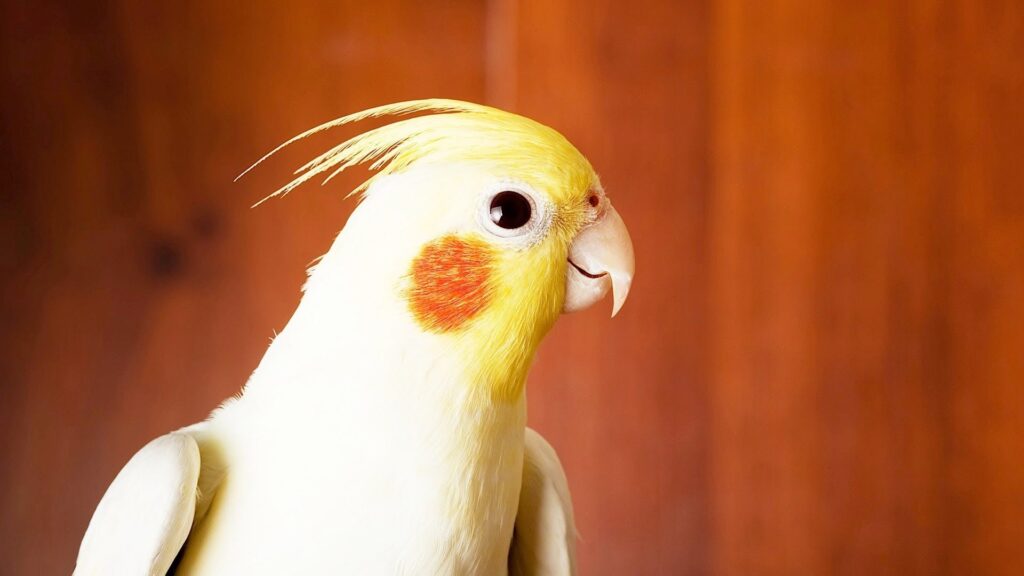
Conclusion
These charming birds thrive in an environment where their physical, emotional, and mental needs are met. By adhering to the guidelines and insights provided in this comprehensive guide, you can ensure that your cockatiel enjoys a happy, healthy, and fulfilling life. Remember that cockatiels are not just pets; they become an integral part of your family, bringing joy and personality to your daily routine. From providing a balanced diet to creating a safe and stimulating habitat, offering social interaction, and addressing their health requirements, your commitment to their well-being is essential. With proper care, patience, and love, you can build a strong bond with your cockatiels caring and share many delightful moments together. Be attentive to their unique behaviors, and always be ready to adapt to their evolving needs. Regular veterinary check-ups and continued learning about your feathered friend will further enhance the quality of life for both you and your beloved cockatiel. Ultimately, the journey of caring for a cockatiel is one of mutual growth, trust, and companionship, creating lasting memories and enriching your life in countless ways.
In this ongoing journey of cockatiel care, it’s important to remain open to new information and advancements in avian care. The world of pet care and avian science is continually evolving, and staying informed about the latest developments can contribute to your cockatiel’s well-being. Furthermore, always remember that each cockatiel has its own unique personality and needs. While this guide offers essential guidelines, your bird may have individual preferences and quirks that require personalized attention. Building a strong bond with your cockatiel involves getting to know their specific likes and dislikes, and adapting your care routine accordingly. Lastly, it’s worth noting that the love and care you invest in your cockatiel are reciprocated with affection, trust, and companionship.
These charismatic birds can become cherished members of your family, offering a lifetime of joy and memories. So, enjoy the journey of caring for your cockatiel, and embrace the fulfilling relationship you’ll share with your feathered friend for many years to come. In the ongoing journey of caring for your cockatiel, there are a few additional considerations to keep in mind. First, be patient and consistent in your interactions with your bird. Building trust and a strong bond can take time, especially if you’re working with a young or previously untamed cockatiel. Patience and gentle, positive reinforcement are key to success. Second, continue to educate yourself about cockatiel behavior, health, and well-being. There are numerous books, online resources, and avian communities where you can exchange experiences and knowledge with fellow cockatiel enthusiasts. Staying informed will empower you to provide the best care possible.

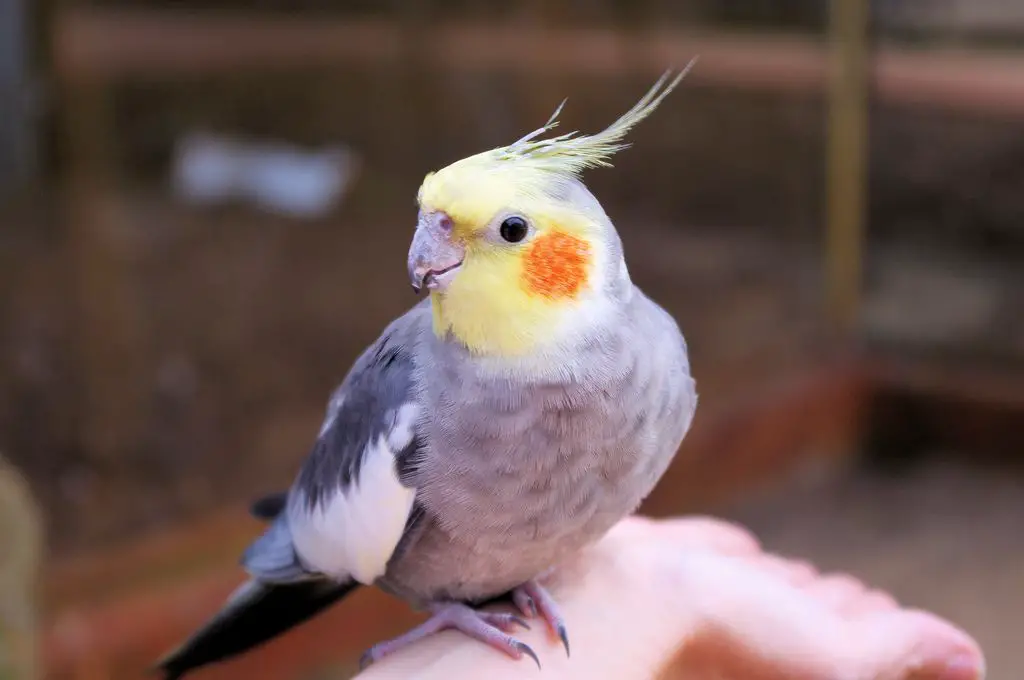
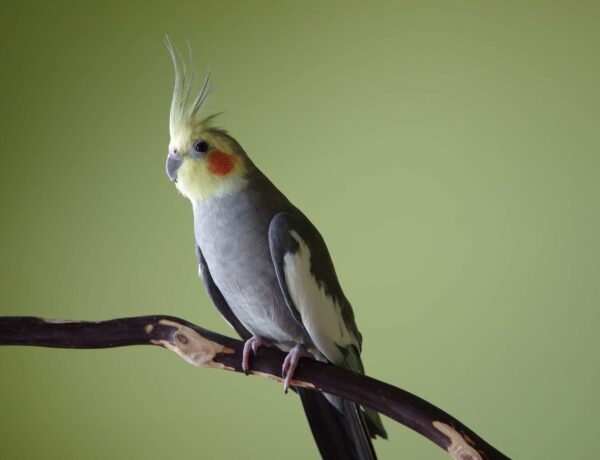
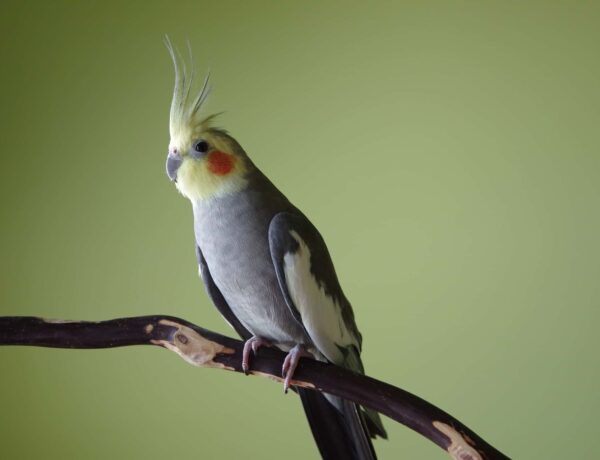
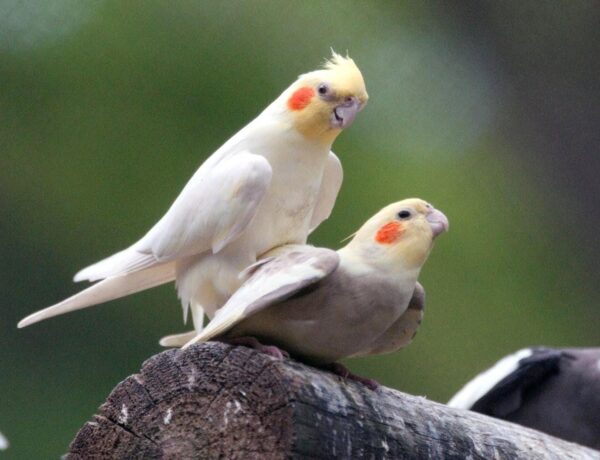
No Comments